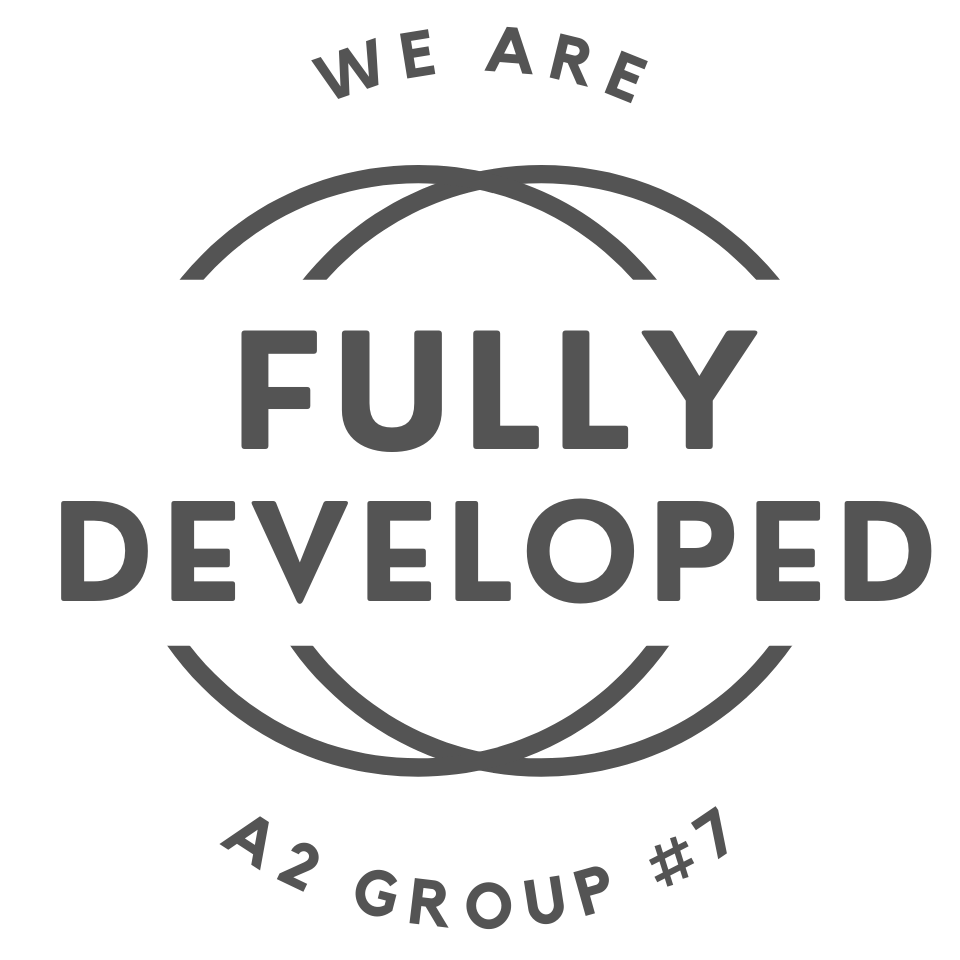Group Reflections

The 'Fully Developed' group took some time during our team meeting on 11th October to reflect upon our experience working as a newly formed group. The team agreed with the points raised during the session, as detailed below.
We were an effective group as demonstrated by:
- Despite similar personalities across the team, we successfully formed a cohesive group with a level structure and no dominant personalities.
- We all came from different backgrounds and showed a genuine interest to hear about each other's different experiences.
- With a good mix of talents to bring to the group, we respectfully challenged each other to do better. This resulted in personal learning across the group for example referencing and better essay writing.
- All members demonstrated enthusiasm, listened to each other respectfully, and were willing to help others if the workload looked too much.
- The group formed early due to members being active discussion contributors, meaning we got to know each other and were able pivot focus straight into the assignment.
We identified the following opportunities for improvement in our group:
- The use of chats and channels was quite complex and confusing to start with, moving into assignment 3, we will have 1 channel for assignment 3 and keep our chats to the relevant topics in there. This helps promote a healthier work life balance, plus we can invite our tutor to view our messaging thread more easily.
- · The file structure in teams was a little messy and difficult to find things, with multiple versions of the same file on Teams. The single channel proposed for Assignment 3 will also allow us to have a single files section with folders for draft and final versions.
- We were very polite to each other, but we need to feel more comfortable respectfully speaking our minds, and it is not personal, but about getting the best possible results.
- Task management which improved by the end of assignment 2, needs to be used for the start of assignment 3. Use other tools to project manage people, time and tasks effectively.
- More communication around updating people on what you are doing, such as uploading drafts early so other members can see what work is in progress. This also includes keeping all versions of the files in teams not saving work elsewhere.
- Understanding how long things will take. As some tasks ended up being longer than was first thought. This includes telling the team what’s taking longer so we can redistribute workloads if required.
- Have a clear expectation of what the expected outcome is, ensuring everyone has a shared understanding of the outcome, e.g., when the task says write an essay what are we expecting to come back.
- Working in pairs on particular tasks such as the essays so that ideas can be bounced off others and challenged.
The group was surprised by this way of undertaking collaborative tasks, highlighted by the following points:
- How well the Teams platform worked with collaborative work despite our geographical remoteness and varying backgrounds and life experiences.
- The collaboration technology was able to cope with multiple users in real time without any issues compared to other tools team members have used previously.
- How quickly and well everyone worked together
- The difference in the final result working together as compared to working by yourself, which was vastly improved.
Our understanding of working in a group has broadened by the following realisations:
- The difference between the study group and work group environment, with the later having defined roles and in the study group we had to sort out particular roles ourselves.
- Do not assume things of a group and effectively clarify tasks and decisions often, as working with texts can be misconstrued.
- Being respectful of each person's input and perspective.
- Jigsaw puzzle of people, tasks and roles that has to be sorted through with people's strength coming out to meet the challenges.
- Working online adds an extra layer of complexity to communicate effectively and know that people are understanding what is being communicated through chats, video calls, etc.